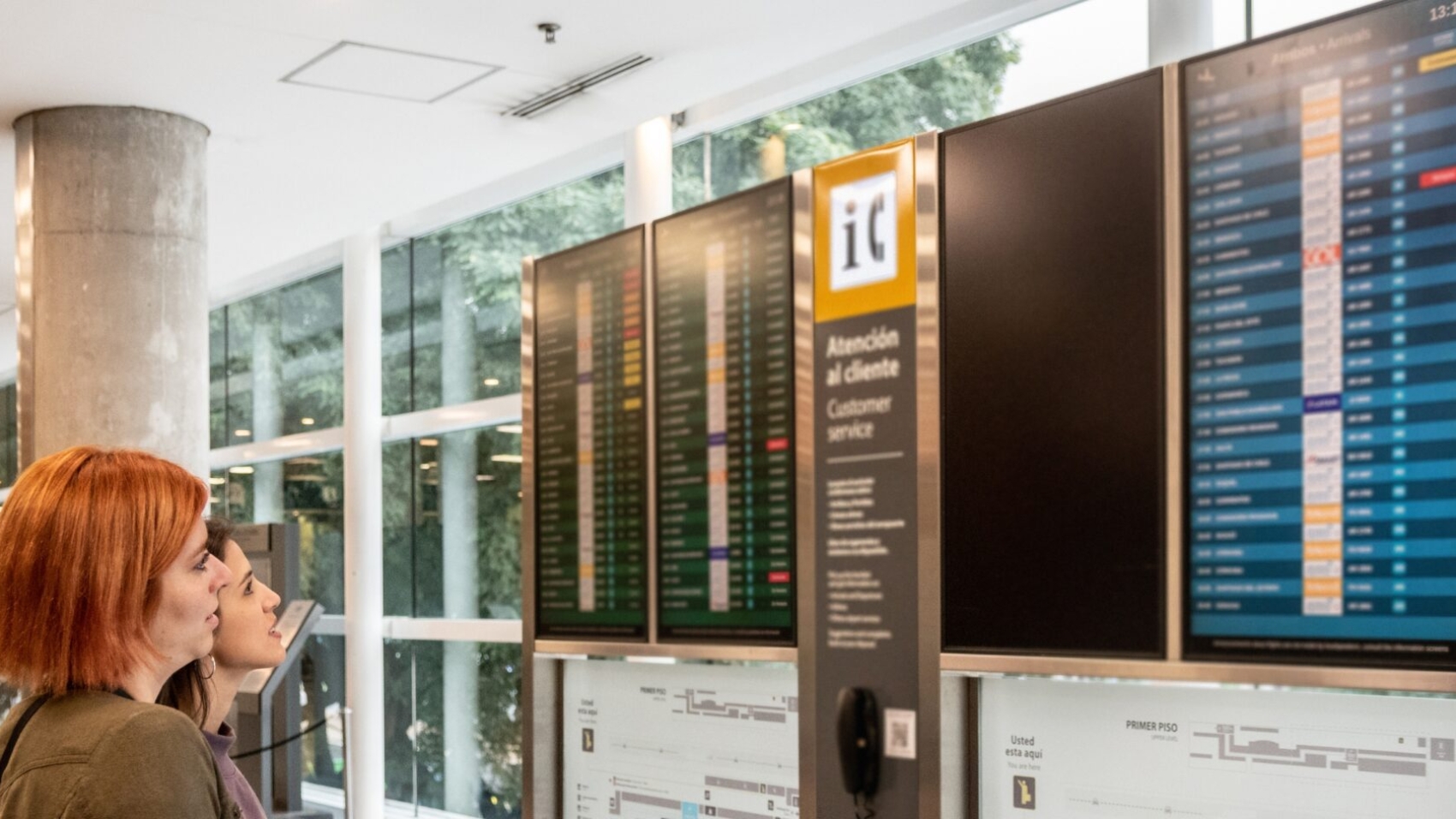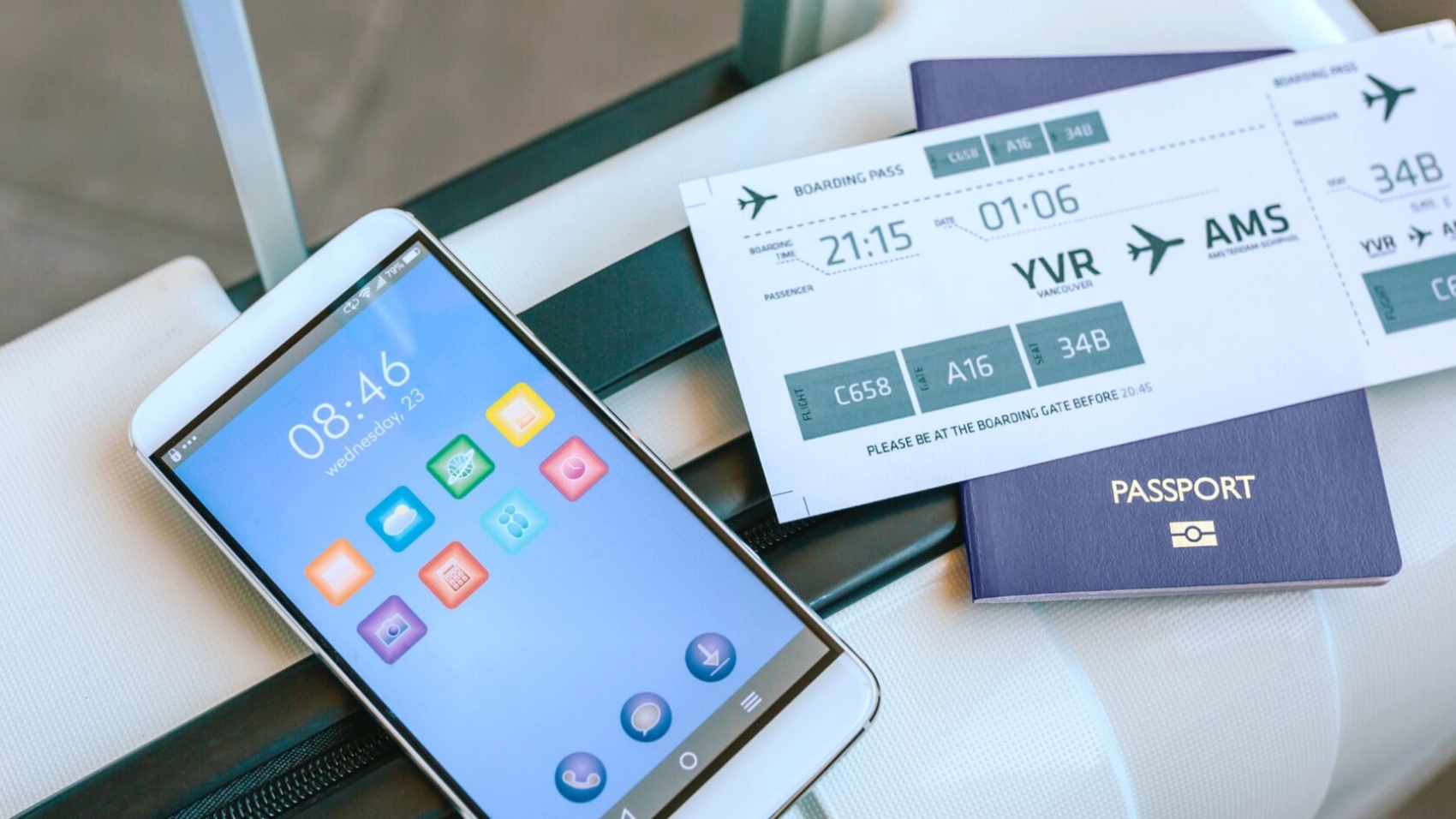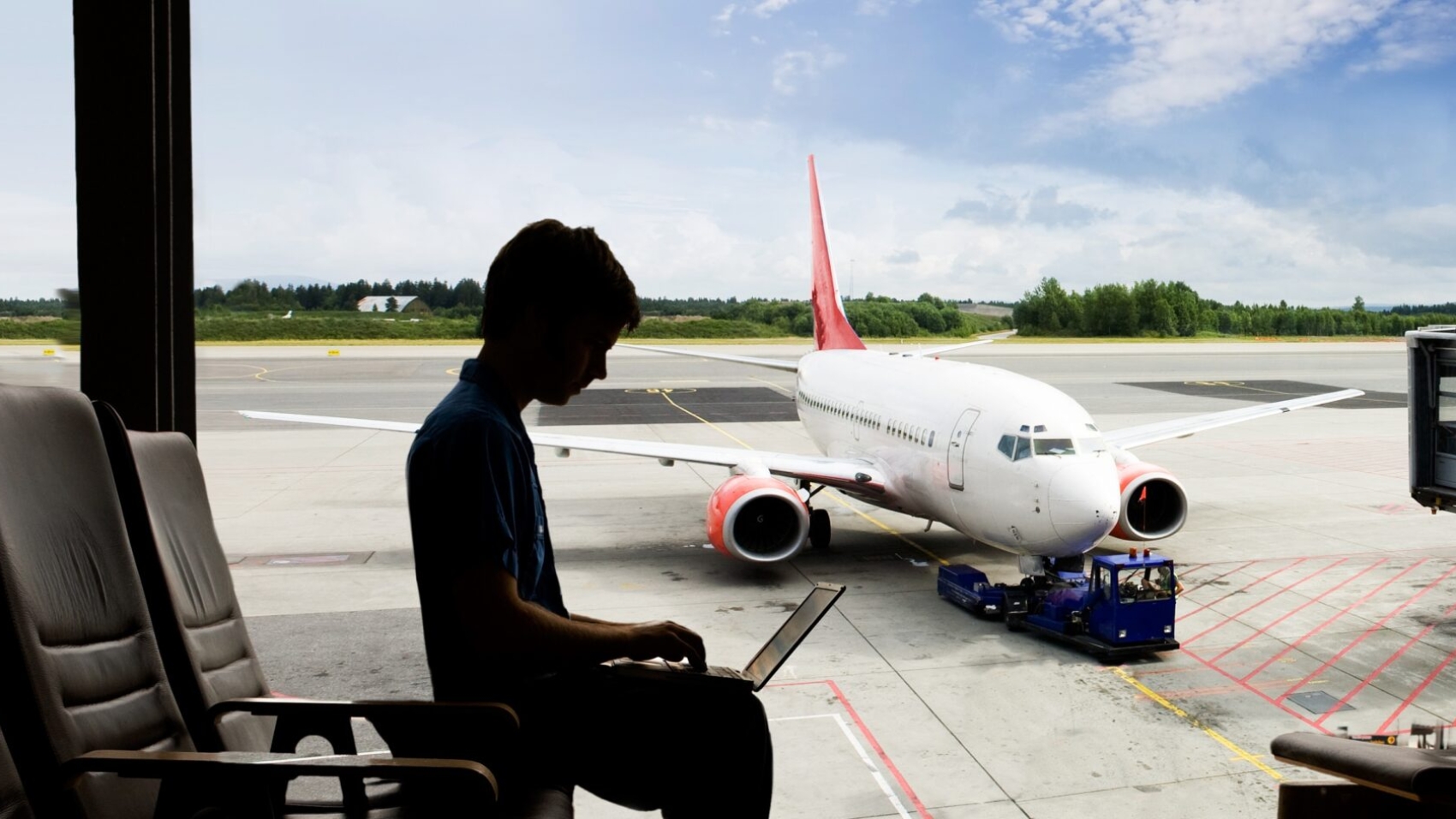When flights fail, passengers don’t judge you by the weather—they judge you by what comes next. The airlines that succeed at earning customer trust during outages do three things well: they forecast earlier, they communicate clearly, and they let passengers self-solve most of their issues. This post dissects how to create that experience with up-to-date airline disruption management software that integrates with your current stack.
Key Takeaways
- Disruption care = agency, not apology. Passengers judge you by the decisions you offer them immediately after things fall apart.
- Notify once, simply, with action. Initial message should contain the why, the effect, and a personal recovery link—no scavenger hunt.
- Default to self-service. A contemporary airline disruption management system allows the majority of travelers to rebook / voucher / refund within minutes on web or app.
- Prepare agents for exceptions. Provide a single-view timeline (alerts, offers, SSRs, tier, interline options) so that agents can solve edge cases quickly.
- Automate equitable policy. Embed refunds, vouchers, hotels, and prioritization rules once for predictable results at scale.
- Measure what counts. Monitor digital self-service adoption, time-to-reaccommodate, call deflection/AHT, refund versus voucher split, ancillary retention, and post-event NPS.
- Integrate the stack. The most effective airline disruption management software coordinates PSS/DCS, CRM/loyalty, comms, payments, and analytics—without tearing and replacing your airline management software.
- VoyagerAid makes it happen. Predictive risk, omnichannel messaging, and a self-service portal convert IROPs into smooth, decision-driven experiences—preserving NPS and revenue.
The moment that defines the brand
A thunderstorm closes your hub for two hours. Gates congest, push notifications hum, and call queues boom. One carrier fires off a boilerplate apology and tells customers to “contact support.” Another carrier fires off a personalized recovery link that opens a web page with three choices: rebook, take a voucher, or get a refund—along with transparent timelines and a live seat map. Guess which brand flyers remember with affection?
That is not luck; it’s architecture-a airline disruption management system coordinating data, policy, and messaging by channels.
What “good” looks like in IROPs
Good disruption care is easy to spot:
Predict: Ops and weather indicators warn risk hours in advance so you can stage inventory and build waivers.
Notify: The initial message contains the why, the effect, and an act-now link—no scavenger hunt.
Self-serve: Most passengers finish reaccommodation in minutes on web or app
Settle: Tickets, vouchers, receipts, and ancillaries settle in real-time.
Learn: Dashboards display digital adoption, cost per saved passenger, and NPS movement.
Behind the scenes, the most advanced airline disruption management solutions are an orchestration layer that honors operational constraints (crew legality, equipment, turns) yet maintains a crisp passenger experience.
Build the foundation: people, policy, platform
1) People: empower agents for exceptions—not everything
Even with flawless UX, there are some instances that require humans. Provide context to agents in a glance—timeline of alerts displayed, offers presented, SSRs, tier status, and interline options—so they act effectively. Consider your contact center as the “special-cases studio,” and not the default queue.
2) Policy: automate fairness
Record when to refund, when to provide vouchers or hotels, and how to prioritize by tier and special services. Program it once in your flight disruption management system so customers view consistent, equitable options—no roulette depending on what agent they get to.
3) Platform: the nervous system
Select airline disruption management software that has integration with your airline management software (PSS, DCS, CRM/loyalty, payments, comms). Key capabilities to demand:
- Predictive risk scoring (weather, ATC, rotations, connection risk)
- Omnichannel messaging (email/SMS/WhatsApp/push) with templating and failover
- Self-service reaccommodation with real-time inventory and ancillary carry-over
- Policy/waiver engine with audit trails and approvals
- Voucher/refund issuance with liability tracking
- Agent desktop with full context and one-click actions
- Analytics stitching events, offers, and outcomes
Used self-service flows
An effective airline disruption management system minimizes friction at each step:
- Live alternatives, not dead ends: Display alternates along with arrival time changes and connection risk alerts.
- Ancillary awareness: Reserve paid seats and bags; if not feasible, provide clear swaps/credits.
- One-tap confirmation: Reissue ticket/EMD, push new boarding pass, send receipt.
- Transparent escalation: If a case requires an agent, show queue position and estimated wait so trust isn’t lost.
If you create nothing else, get these three screens: Options, Review, Confirmation. They’re the epitome of customer confidence.
Conclusion
Good disruption care is not so much about apologizing as it is about agency. When you put together early forecasting, transparent options, and quick resolution, you transform a bad day into a brand-building experience. That’s what the right airline disruption management software can do—without ripping and replacing the rest of your airline management software.
With VoyagerAid, that promise is a reality. The solution combines predictive risk scoring with omnichannel messaging and a self-service recovery portal, so travelers receive a unique link to rebook, take a voucher, or get a refund in minutes. Policies and waivers are coded one time only, for fair, consistent results, while ancillaries (seats, bags, meals) are retained or openly swapped. Agents get complete context for edge cases, ticketing and EMDs are automatically issued, and dashboards monitor digital adoption, recovery time, and cost per saved passenger. Briefly: VoyagerAid transforms your airline disruption management software strategy into a peaceful, choice-oriented experience that safeguards NPS and revenue—without yanking out your current airline management software.









